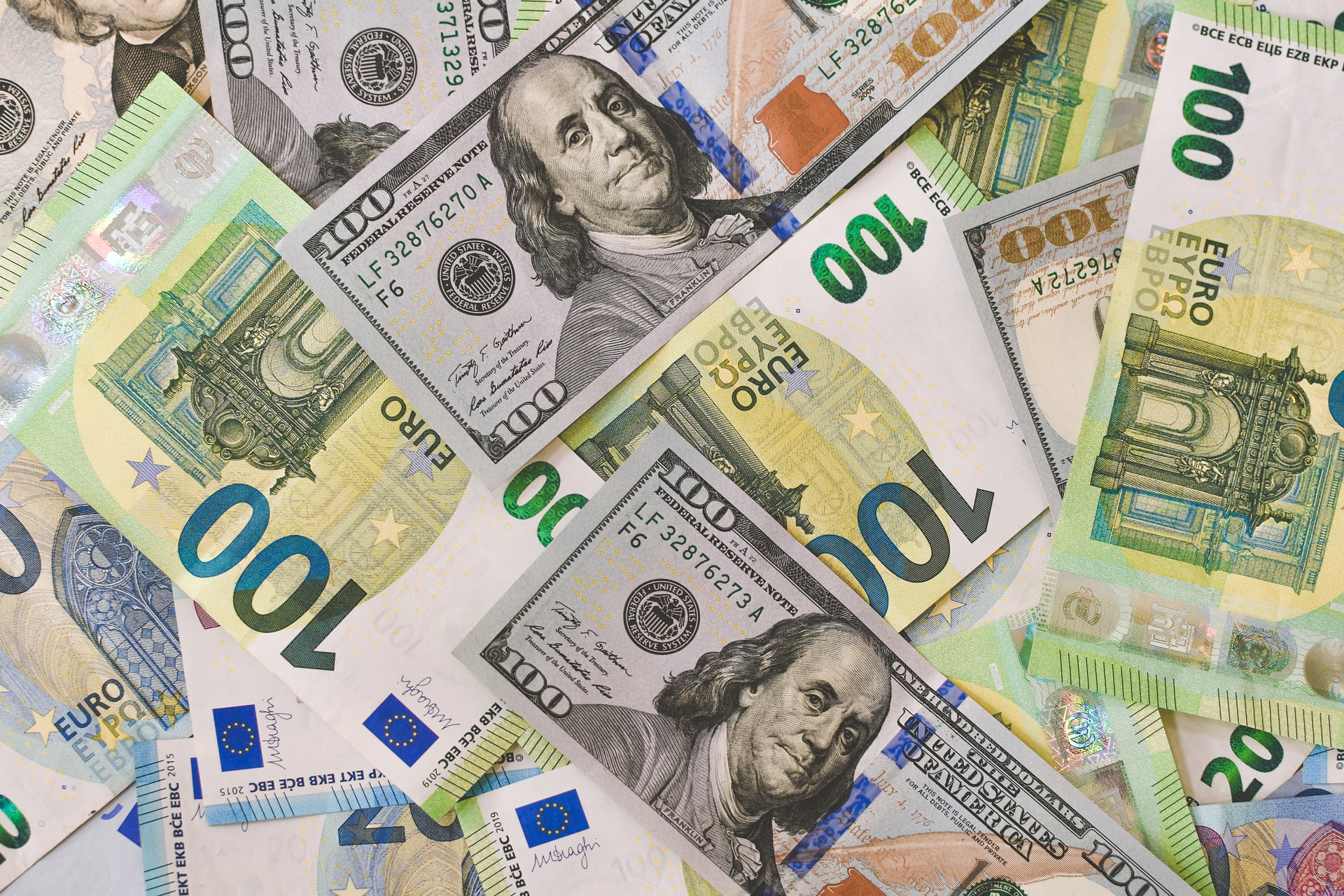Euro-dollar parity: what will happen and what will be the effects on economies

The comment by Robbie Boukhoufane, Fixed Income Portfolio Manager, Schroders, on the outlook for the euro-dollar parity
Although the euro has long been weakening against the US dollar, it is now on the verge of breaking through the parity level, an important psychological milestone.
Why is the euro on the verge of reaching parity against the dollar?
Europe was the epicenter, both geographically and economically, of the Russian invasion of Ukraine. The dependence of the Old Continent on Russian gas, especially Germany, is in stark contrast to the rest of the world. Rising energy prices represented a significant burden on households and industry, resulting in a negative growth scenario.
An example of how this affects macro data is the fact that Germany recently experienced its first monthly trade deficit since 1991. This is due to high import costs and lower export demand. Currency markets offer investors the opportunity to position themselves for a European recession.
However, the current weak growth environment presents further downside risks as gas rationing is becoming a real possibility. If this were to happen, we would be faced with an even gloomier growth scenario.
German and French government officials have expressed concern about this risk and are planning how to cushion the blow for businesses and consumers.
Although the authorities have tried to offset the shock and protect consumers' real incomes, the measures announced so far are not enough to fully absorb it. The prospect of structural stagflation is high if gas rationing becomes a reality. The fear of this scenario has intensified the weakness of the euro in recent weeks.
Why is the dollar so strong?
The US dollar was strong in 2022, with the trade-weighted US dollar index up just under 10% year to date. The US economy is much more self-sufficient in key commodities, especially natural gas.
Rising inflation in the energy and food sectors is negatively impacting global growth and leading to increasing signs of demand destruction in many economies as central banks tighten policies. Against this backdrop, investors seek refuge in the safety of the US dollar and accumulate dollar liquidity.
Most central banks are moving rapidly towards neutral rates to contain inflation. The Fed, however, is moving much faster than the European Central Bank, which has led to an interest rate differential of around 3%, based on current market rates.
This 3% yield advantage in favor of the US dollar leads investors to park dollar liquidity, especially in a world characterized by severe economic and geopolitical uncertainty.
What are the prospects looking forward?
The currency market is already pricing in a pessimistic growth scenario for Europe, but if gas rationing becomes a reality, the trend of the euro against the US dollar will move further to the downside.
Europe's path to detaching itself from Russian gas is not an easy one and there is no quick fix. The reality is that President Putin has the knife on the side of the handle, when you think about Europe's ability to store sufficient gas reserves for the winter.
We are also watching closely the Fed's reaction to inflation and employment data. The Fed is the de facto central bank of the world, as many assets are still valued in dollars.
Given the tightening of monetary policy, both through interest rates and quantitative tightening, the Fed faces a tortuous path in trying to secure a soft landing. We believe it will have a hard time achieving this.
With weaker economic data and lower inflation, any signs that the US central bank is close to tightening peak will partially ease the upward pressure on the dollar. However, we are not yet at this point.
This is a machine translation from Italian language of a post published on Start Magazine at the URL https://www.startmag.it/economia/parita-euro-dollaro-cosa-succede-e-cosa-aspettarsi/ on Sun, 17 Jul 2022 05:50:54 +0000.
